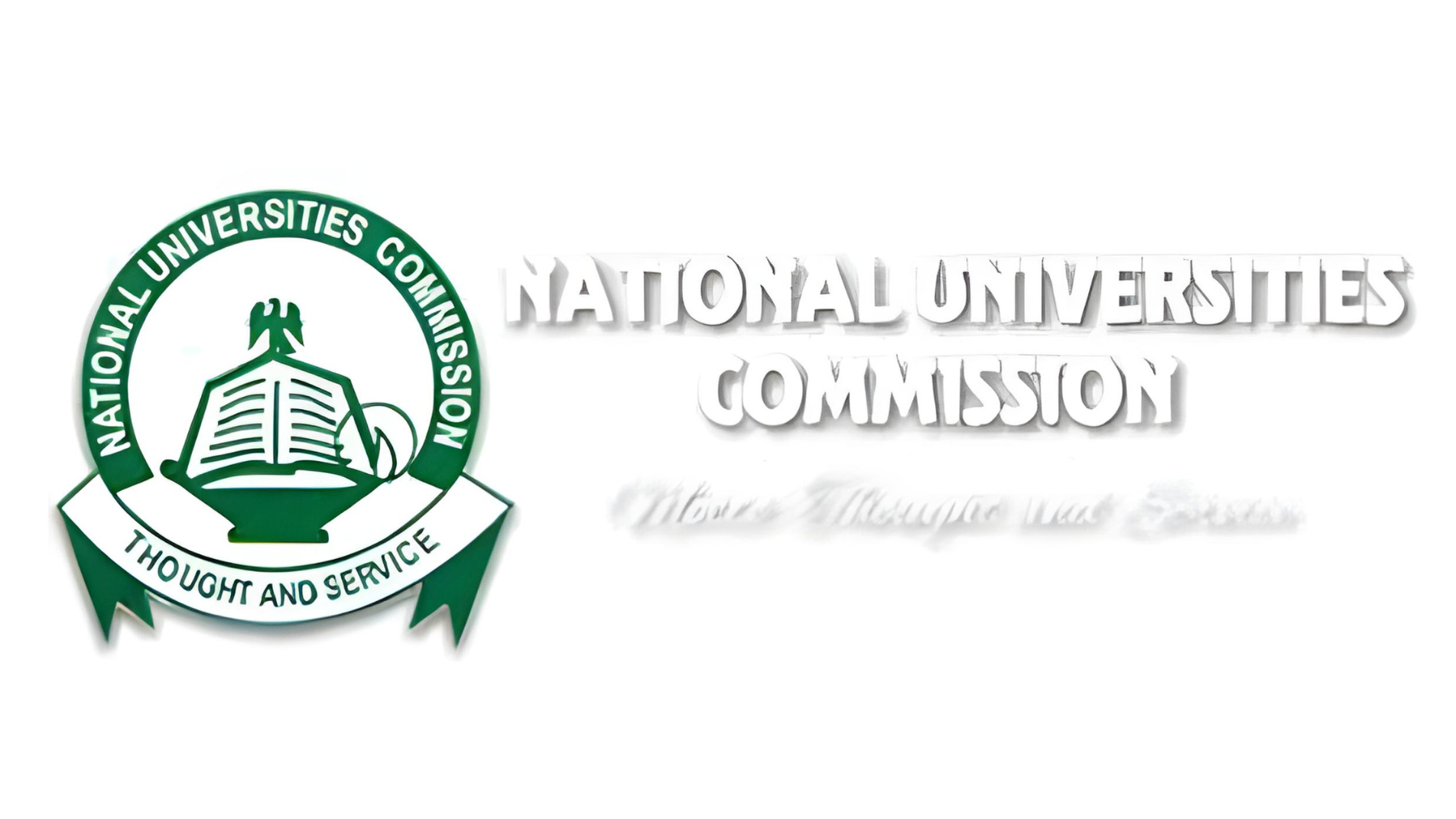In another bold move to reform the educational system in Nigeria, the Federal Government is now wielding the big stick, insisting that secondary school teachers in the country must obtain proper certification, otherwise schools that employ them won’t be allowed to serve as an examination centre.
In a policy directive issued Sept 11, 2025 and addressed to the Registrar/Chief Executive Officer of the Teachers Registration Council of Nigeria, TRCN, Nigeria’s Minister of Education, Dr. Tunji Alausa disclosed that “the Federal Ministry of Education has directed that in line with Government policy to strengthen professionalism in the teaching profession, the accreditation of both Public and Private Secondary Schools for the conduct of public examinations, WASSCE, NABTEB, NECO, & NBIAS shall henceforth be contingent on the Teachers Registration Council of Nigeria (TRCN) certification of teachers engaged in such schools.”
The directive added that, “accordingly, effective from March 2027 for WASSCE, May 2027 for NABTEB, June 2027 for NECO & June 2027 for SAISSCE, any school whose teachers are not duly registered and licensed with the TRCN shall be disqualified from serving as an examination centre.”
Dr. Alausa also indicated in the memo, that “State Governments are therefore requested to take due cognizance of this directive and put in place necessary measures to ensure that all teachers in State-owned Secondary Schools and Private Secondary Schools obtain the requisite TRCN certification within the stipulated two (2) years from the date of this policy directive.
“Compliance with this directive shall be monitored, with Schools expected to achieve a minimum compliance rate of 75% by 2026 and full compliance of 100% by 2027.”
However, for ease of compliance, “teachers who are non- education graduates but possess not less than 12 months of classroom teaching experience are encouraged to enrol in the abridged professional certification programme offered through the National Teachers Institute (NTI),” the memo disclosed.
That programme, it noted “consists of short professional courses lasting between three (3) and six (6) months, after which participants will qualify for TRCN registration and licensing.”
The policy directive added that this matter be given “the highest priority and ensure wide sensitization of stakeholders,” across the country so as to “avoid disruption of accreditation for public examinations.”
Share this post





Be the first to comment on this post